Introduction
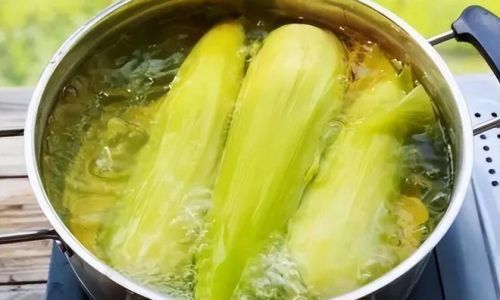
In the realm of natural remedies and culinary curiosities, fresh corn silk often stands out as a humble yet versatile ingredient. This delicate, stringy appendage that wraps around corn cobs is more than just a byproduct of nature’s bounty; it holds a rich history of medicinal use and culinary exploration. Boiling fresh corn silk in water is a time-honored practice that yields a tea-like beverage believed to possess various health benefits. But how long should one boil fresh corn silk to extract its maximum potential? This article delves into the intricacies of preparing corn silk tea, exploring the nuances of boiling time, the science behind the process, and the myriad ways this simple yet potent brew can enrich your life.
Understanding Fresh Corn Silk
Before diving into the specifics of boiling time, it’s crucial to understand what fresh corn silk entails. Corn silk, scientifically known as Stigmata maydis, is the silken threads that cover the developing kernels of corn. These threads are typically removed during the harvesting process for commercial corn but are often retained in organic or homegrown settings. Fresh corn silk is distinguished by its soft texture, light yellow to nearly white color, and a subtle, earthy aroma.
Historically, corn silk has been used in traditional medicines across various cultures. Its purported benefits range from diuretic properties to aiding in kidney health, although scientific research on these claims remains ongoing. Regardless of its medicinal merits, corn silk tea is cherished for its mild, slightly sweet flavor and its ability to hydrate and soothe the body.
Preparing Fresh Corn Silk for Boiling
The first step in making corn silk tea is to prepare the fresh corn silk. Here’s a detailed guide on how to do it:
-
Harvesting: If you have access to fresh corn cobs, carefully peel away the husks without damaging the silk. Try to gather silk from organically grown corn to avoid any potential contaminants from pesticides or chemicals.
-
Cleaning: Rinse the collected corn silk under cold running water to remove any dirt, debris, or residual pesticides. Pat it dry using a clean kitchen towel or let it air-dry naturally.
-
Measuring: For a standard cup of corn silk tea, you’ll need approximately 2-3 tablespoons of fresh corn silk. Adjust the quantity based on your desired tea strength and the number of servings.
-
Storage: If you’re not ready to boil the corn silk immediately, store it in an airtight container in the refrigerator. Fresh corn silk should be used within a few days to maintain its optimal freshness and flavor.
Boiling Fresh Corn Silk: The Science Behind the Process
Boiling fresh corn silk is a straightforward process, but understanding the science behind it can enhance your tea-making experience. Here’s a breakdown of what happens when you boil corn silk:
-
Extraction of Soluble Compounds: Boiling water acts as a solvent, extracting soluble compounds like flavonoids, polysaccharides, and other bioactive molecules present in corn silk. These compounds are believed to contribute to the tea’s health benefits.
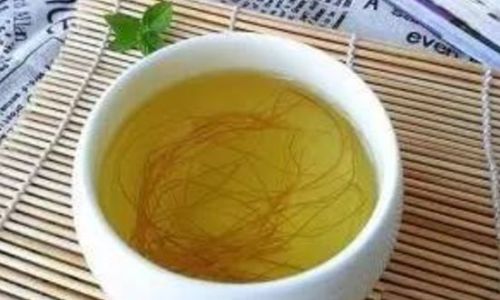
-
Temperature and Time: The boiling temperature (typically around 100°C or 212°F) helps to denature proteins and soften plant fibers, making it easier for the water to penetrate and extract flavors and nutrients. The duration of boiling determines how much of these compounds are extracted. Too short a time may result in a weak tea, while too long can lead to a bitter taste due to the release of tannins.
-
pH and Water Quality: The pH level and mineral content of the water can also affect the extraction process. Using filtered or distilled water can minimize the influence of impurities and ensure a purer, more consistent taste.
How Long to Boil Fresh Corn Silk?
Now, let’s get to the core of the question: how long should you boil fresh corn silk? The answer isn’t a one-size-fits-all; it depends on several factors, including your personal taste preferences, the quality of the corn silk, and the desired tea strength. However, here are some general guidelines:
-
Mild Tea: For a lighter, more delicate tea, boil the fresh corn silk for about 5-7 minutes. This will extract enough flavor and nutrients without making the tea overly strong or bitter.
-
Robust Tea: If you prefer a stronger, more robust tea with deeper flavors, increase the boiling time to 10-12 minutes. Keep in mind that longer boiling times can enhance the tea’s bitterness, so taste as you go to find your preferred balance.
-
Simmering Option: An alternative to boiling is simmering. Bring the water to a boil, add the corn silk, then reduce the heat to low and let it simmer for about 10-15 minutes. Simmering can be gentler on the corn silk, potentially preserving more delicate flavors and nutrients.
-
Second Boil: If you find the initial batch of tea too weak, you can always reboil the same corn silk. However, the second boil will yield a weaker tea, so adjust your expectations accordingly.
Enhancing Your Corn Silk Tea Experience
Beyond the boiling time, there are several ways to elevate your corn silk tea experience:
-
Infusion Method: Experiment with different infusion methods, such as using a tea ball, tea strainer, or even a French press. These tools can help control the extraction process and prevent over-boiling, which can lead to bitterness.
-
Flavor Infusions: Add a twist to your corn silk tea by infusing it with other herbs, spices, or fruits. For example, a hint of lemon or honey can brighten up the tea, while ginger or chamomile can add layers of complexity.
-
Sweeteners: If you prefer sweeter teas, consider adding a natural sweetener like honey, maple syrup, or agave nectar. These options can enhance the tea’s flavor without overpowering its delicate profile.
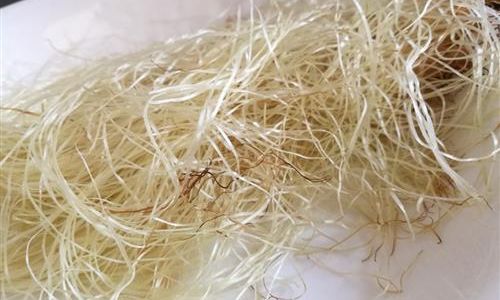
-
Serving Temperature: Pay attention to the serving temperature. Corn silk tea is best enjoyed warm, but it can also be served over ice for a refreshing summer drink. Experiment with different temperatures to find your preferred serving style.
Health Benefits and Considerations
While the health benefits of corn silk tea are often anecdotal and vary from person to person, there are some compelling reasons to incorporate it into your diet:
-
Diuretic Effects: Corn silk is believed to have diuretic properties, which can help increase urine output and support kidney function. However, if you have a medical condition that affects your kidneys or fluid balance, consult your healthcare provider before consuming corn silk tea.
-
Anti-Inflammatory Properties: Some studies suggest that compounds in corn silk may have anti-inflammatory effects, potentially aiding in reducing inflammation throughout the body.
-
Antioxidant Support: Corn silk contains antioxidants, which can help protect cells from damage caused by free radicals. Incorporating antioxidant-rich foods and drinks into your diet is generally recommended for overall health.
-
Hydration: Like any tea, corn silk tea is a great way to stay hydrated. Proper hydration is essential for maintaining bodily functions, energy levels, and overall well-being.
Despite its potential benefits, it’s important to approach corn silk tea with caution. As with any herbal remedy, there’s a lack of rigorous scientific research to support its claims definitively. If you’re pregnant, nursing, or have a pre-existing medical condition, consult your healthcare provider before incorporating corn silk tea into your routine.
Conclusion
Boiling fresh corn silk to make tea is a simple yet rewarding practice that combines culinary enjoyment with potential health benefits. While the exact boiling time can vary based on personal preference and the desired tea strength, following the guidelines outlined in this article can help you achieve a balanced, flavorful brew. Experiment with different boiling times, infusion methods, and flavor infusions to find your perfect corn silk tea recipe. And remember, the journey of making and enjoying corn silk tea is just as important as the final cup itself. So, gather your fresh corn silk, fill your kettle, and embark on a delightful tea-making adventure. Cheers to the humble yet extraordinary world of corn silk tea!
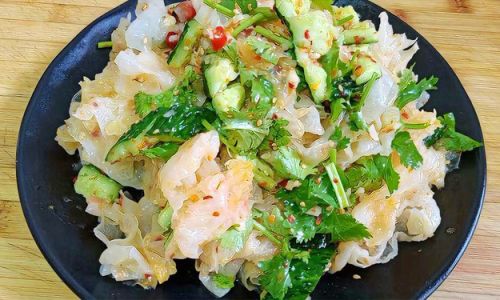
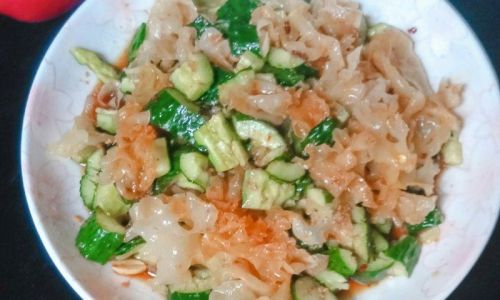
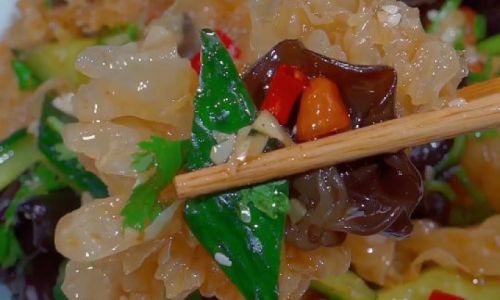
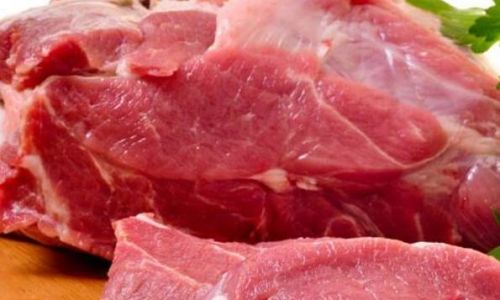
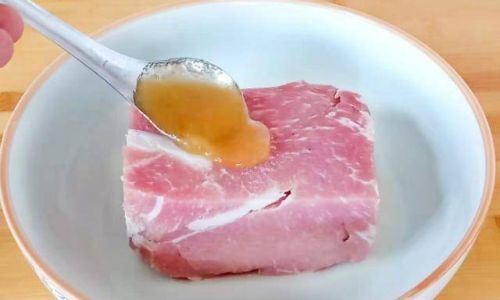
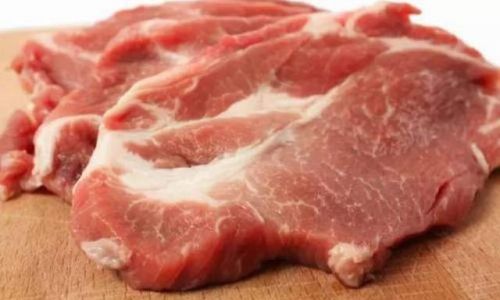
0 comments